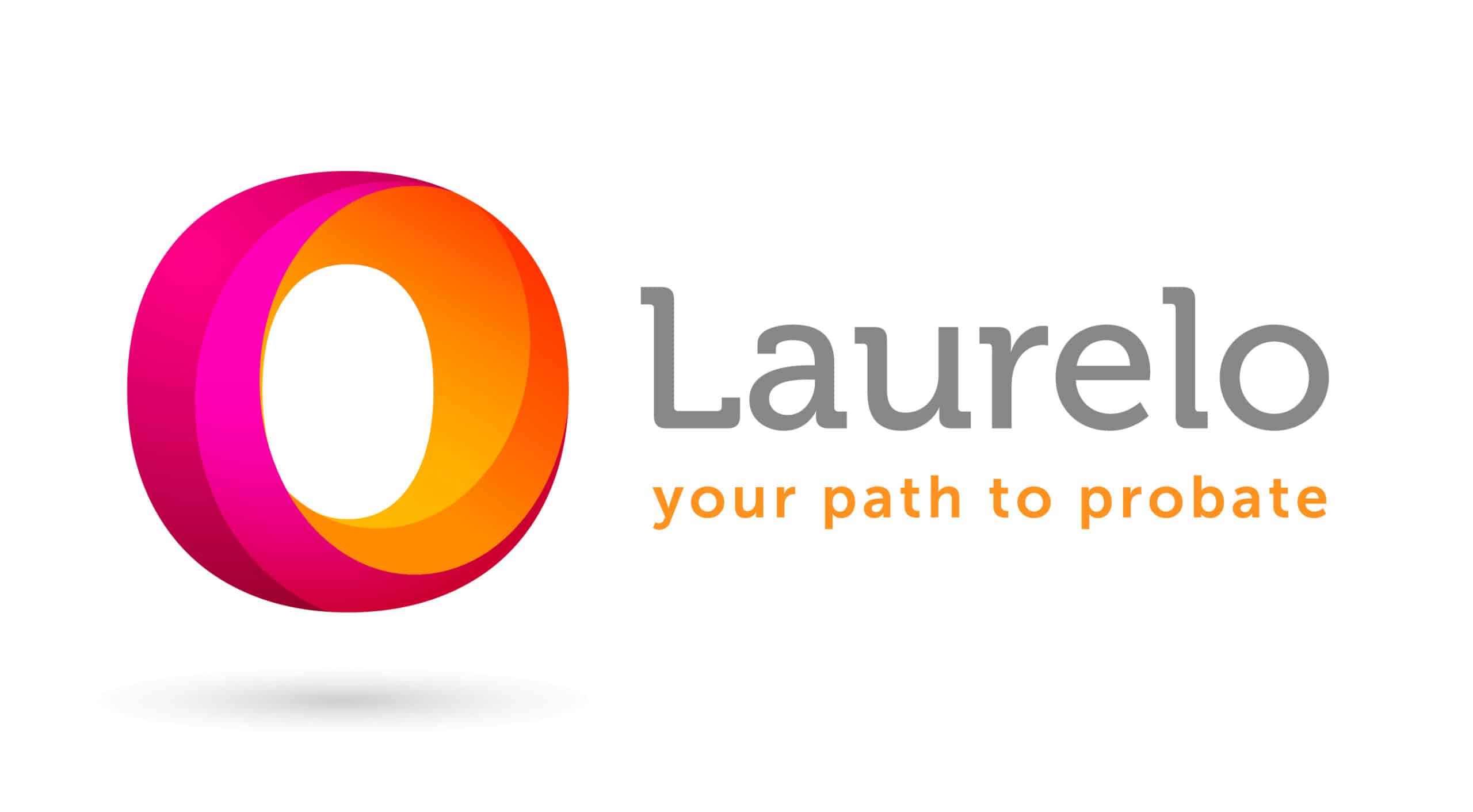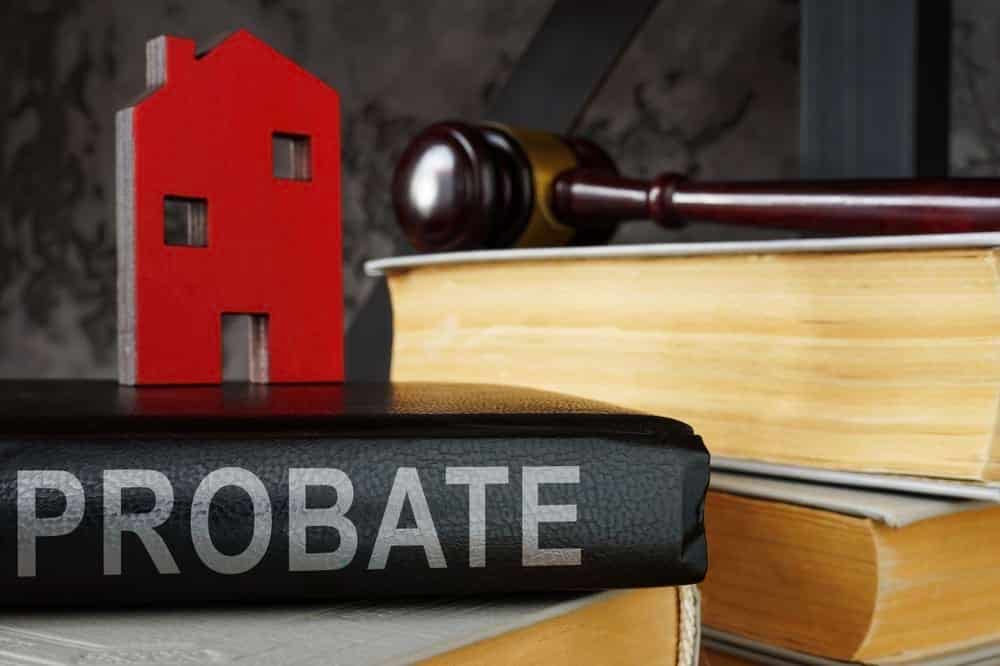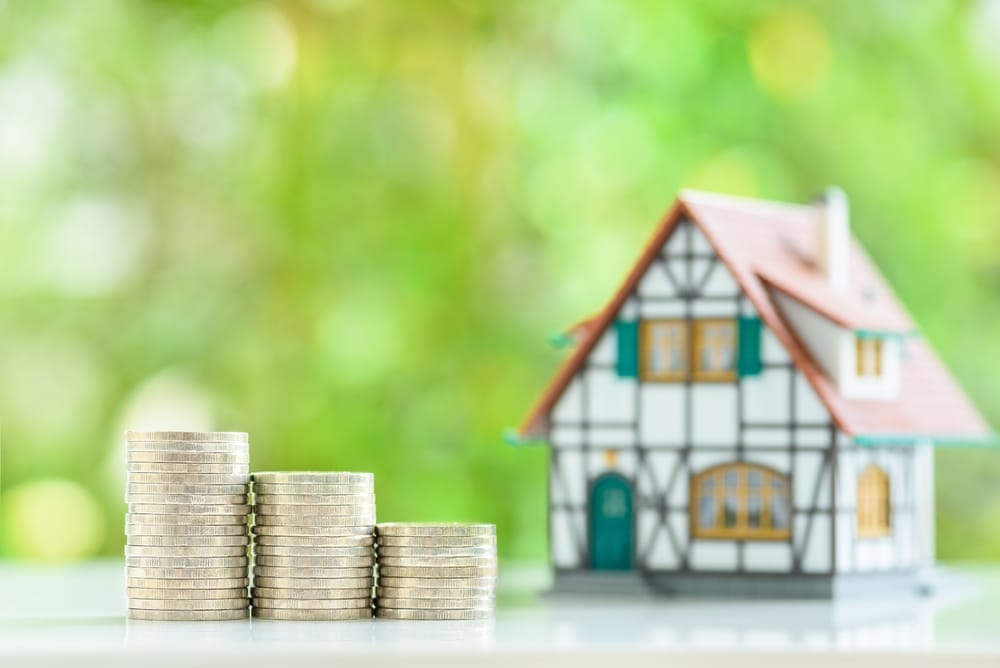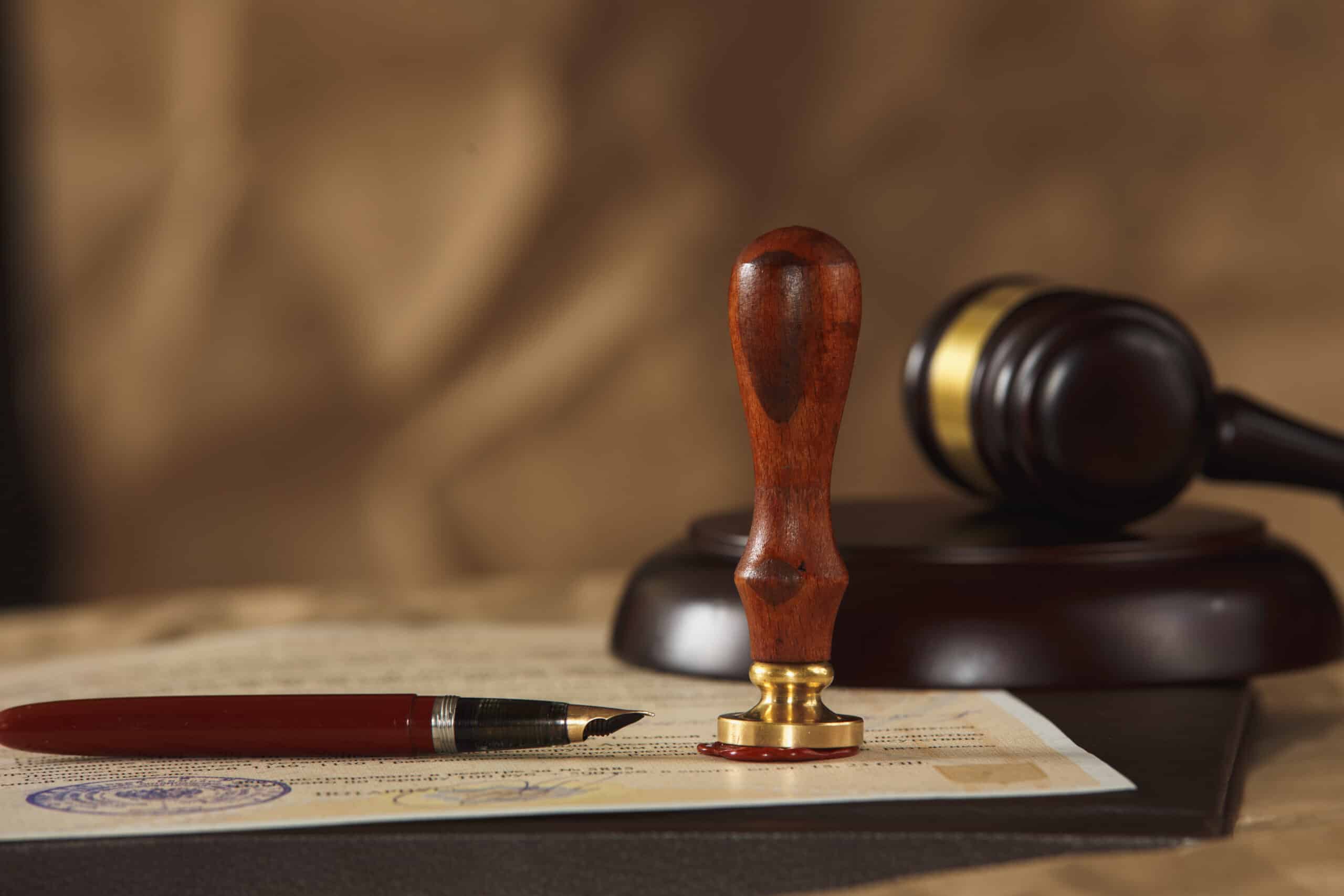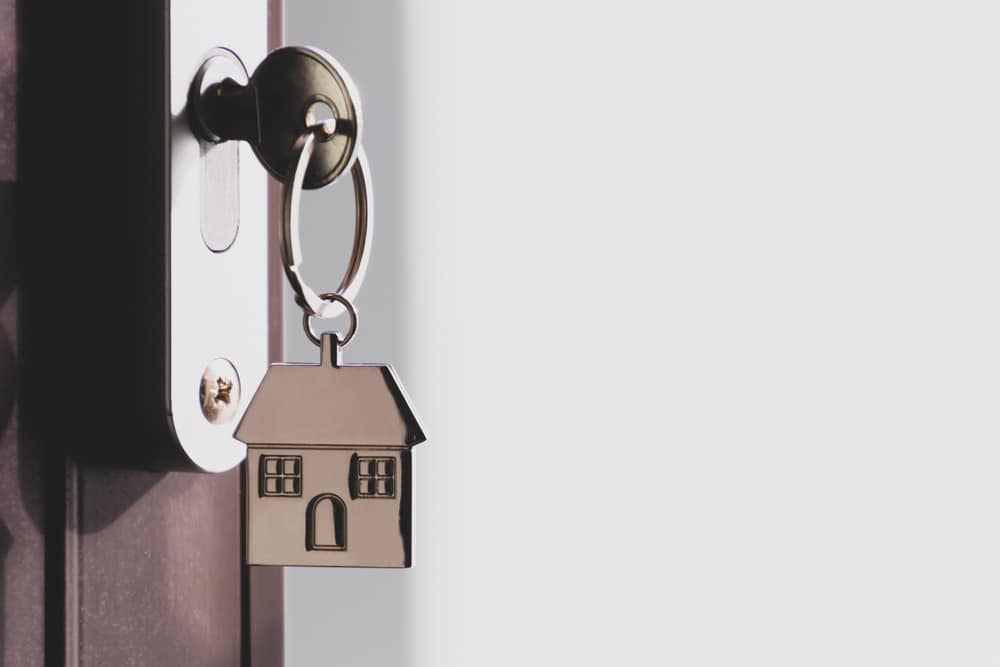In 1789, Benjamin Franklin famously said:
…in this world nothing can be said to be certain, except death and taxes.
Inheritance tax therefore is doubly certain.
Read on to find out more about capital gains on inheritance tax.
What is probate?
The probate process involves of gathering all someone’s cash and assets together when they pass away.
It can also involve paying outstanding bills and distributing what remains to those in the will and notifying institutions such as banks and building societies of the death.
It will be carried out by executors named in the will. If no one is named or there is no will, a beneficiary of the estate such as a son or daughter will need to apply to be an executor.
It usually takes around 4 months to complete.
Spouses or civil partners will usually not have to go through probate if jointly owned property and money is being passed on.
Many people employ probate specialists or solicitors who will charge a fee between 1% and 5%, which on large estates can amount to a lot of money. However for straight forward estates it’s possible to do it yourself.
Understanding what’s owed
Before getting to inheritance tax the executor will need to settle any bills and debts left by the estate such as mortgages, credit cards and income tax.
You’re not liable for these unless you co-signed the loan, but they need to be paid out of any money left in the estate.
You may need to fill out a self assessment tax return for the deceased person if, for example, they owned a rental property, to find out how much tax they owe.
How inheritance tax is calculated
Inheritance tax is calculated on the value left in the estate once all of these are settled.
Currently the value of an estate above which inheritance tax is paid is £325,000, in addition the tax-free threshold rises to £500,000 if a home is left to children or grandchildren.
This threshold is added to that of remaining spouses or civil partners so they could, potentially, leave £1,000,000 to their family.
Any cash gifts over £3,000 could be subject to inheritance tax if they were given within seven years of someone dying.
If an estate’s value is above the tax threshold that money will be taxed at 40% if it was given less than three years before.
This decreases each year, down to 8% if given between six and seven years previously and 0% for anything gifted before that.
Paying the bills
The executor will pay bills from the estate and sell assets as necessary to do this. Those inheriting assets or cash will have to pay inheritance tax.
If there’s enough money in a bank account or investment you’ve inherited, the bank can usually arrange a direct payment to HMRC.
If there isn’t you will either have to pay out of your own funds or arrange a loan – sometimes known as a probate or executor loan – to cover the cost, before getting the money back once you’ve inherited the estate.
However, you can pay off inheritance tax on assets such as a home in ten annual installments.
You can’t sell an inherited home until probate has finished and ownership has been transferred to you.
When you do you may want to sell it quickly to cover a probate loan or recoup your costs. We can buy your home within seven days if necessary, so funds are quickly in your account.
Capital gains tax on inherited properties
You do not owe capital gains tax (CGT) on property or shares unless they are sold for more than the amount they were valued at during probate.
So if you decide to keep a property you have inherited and it rises in value you will have to pay CGT on the difference unless it has become your main residence.
How is capital gains tax calculated
Capital gains tax is charged at 18% for low rate taxpayers and 28% for higher rate taxpayers, in 2020/21 everybody has an annual tax free allowance of £12,300.
That means anybody with an income over £50,000 would pay CGT at 28%, anybody with an income below would pay it at 18% until it took their income above £50,000.
For example if a home rose from £200,000 to £300,000, £100,000 minus the tax-free allowance of £12,300 would be subject to CGT.
That leaves £87,700. If you earn £25,000 a year you would pay 18% on the first £25,000 and 28% on the next £62,700, which comes to £22,056.
If you decide to keep the home and rent it out you will have to pay income tax on any profits you make and CGT on any rise in value when you come to sell the property.
Working with us
If you’ve inherited a property and would like to sell it as soon as possible, we’re experts at buying homes quickly and dealing sensitively with unsettling and emotional selling situations.
If you should require any professional advice on dealing with probate, Laurelo are a family owned probate specialist that can help with any queries you have. Learn more about the services they offer here.

